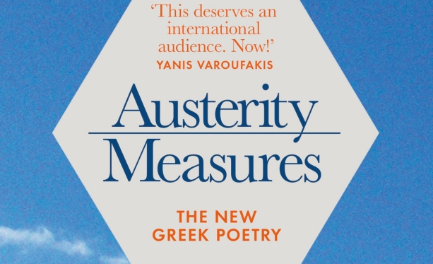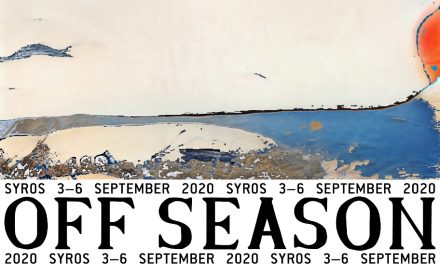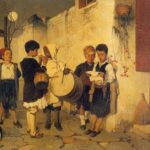Wandering through the streets of Athens, one is easily captivated by the marble of the Acropolis and the enchanting view of the ancient city. Yet, if one looks a little closer, they will see that Greek culture is not only found in museums, but also in the people who bring this narrative to life. Exiting the Monastiraki station in the heart of Athens, on the left, lies a small alley; Adriannou street– the most famous and well-known flea market of the city. Flea markets can be found in almost every big city, showcasing and selling handmade goods, such as jewelry, pottery, leather items, souvenirs, antiques and vintage pieces. For tourists or antique lovers, it is an exciting opportunity to buy “a piece of memory” of this city.
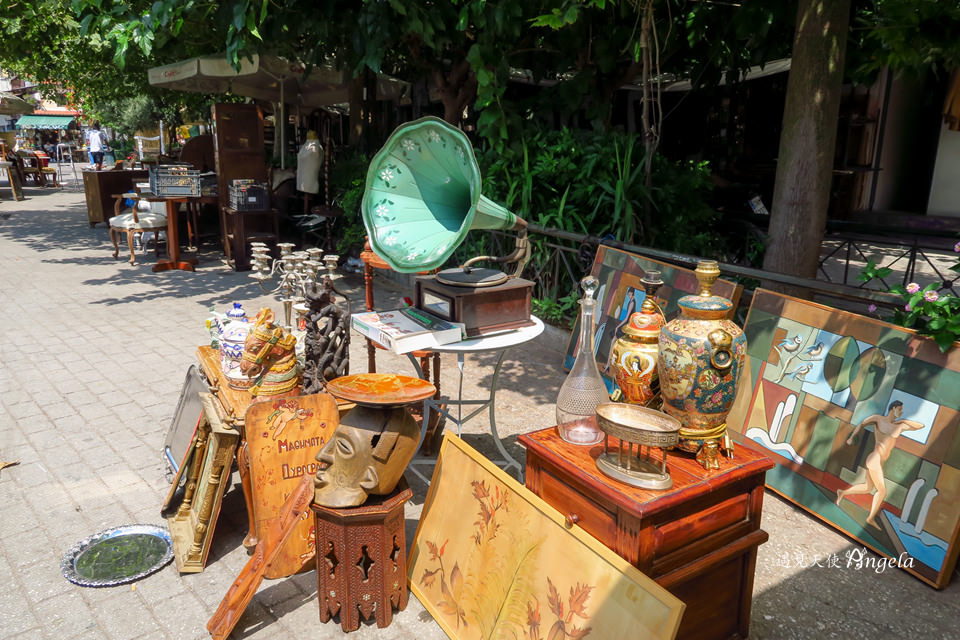
Flea Markets through Athenian Eyes
If you take a stroll at flea markets, it is not just the items and the products per se that are old. Flea markets and antiquarian shops are some of the last and few places where the past has been preserved and it is open for anyone to take a “sip”. Flea markets shall be seen as accessible museums to human senses; you can see the objects, touch them, try to connect yourself with them and wonder about their value in your everyday life. Each of us is not just a potential buyer, but rather a successor of a story– of an object that once used to have value in someone’s life, helping them in their daily tasks, or simply making their space more pleasant.
Why do we find beauty in the past?
There is a common impression that the future always holds better things. The present and the future, in relation to the past, reflect technological, scientific and social evolution. Historically, as time passes, humanity has managed to overcome many of its primitive challenges in any aspect of its life. The modern person does not have to face many of the struggles of the past.
However, shouldn’t the past signify something less comfortable, less beautiful or more difficult? This narrative is not the past that flea markets convey. Flea markets do not express a primitive past. On the contrary, they reflect the recent past, the everyday reality for many of our parents and grandparents. Greek flea markets encompass the history of the modern Greek state and the less hectic, more relaxed everyday routines of the past. They evoke the carefree days when people spent more time outdoors, children played freely, and families followed the rhythm of daily life. In these markets, one can still find the beloved handmade toys and dolls that children used to play with, the school books that taught letters, and clocks that signaled when it was time for the family to gather for meals, objects that carry the memories of everyday life and now tell their story to anyone who visits.
Over time and by observing the goods of a flea market, we can observe a notable shift in the art of craftsmanship. Flea markets sell handmade products, crafted with care and attention by carpenters, artisans and other trades, that have gradually disappeared due to industrialization and mass production, which required dozens of hours of work to reach their final form. Door handles, once ornate, with gracefully curved grips, have given way to plain, straight metal designs. Furniture that used to bear intricately carved flowers, patterns, or delicate lines, reflecting the unique expression of its maker, has been replaced by monochrome, featureless wood.
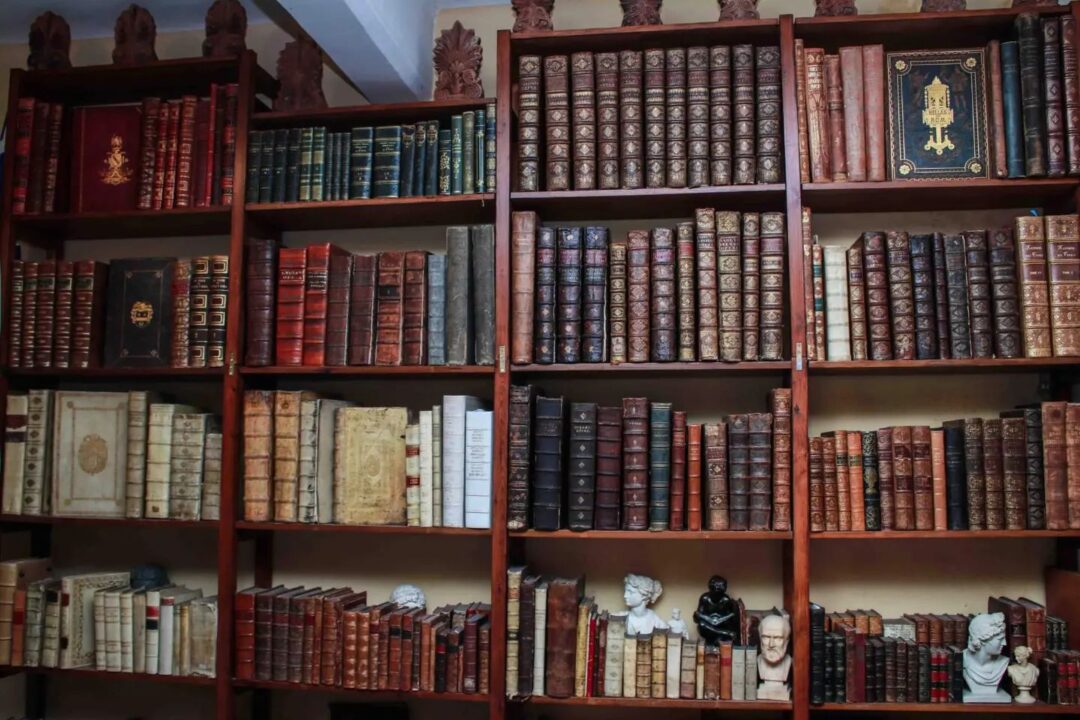
The Flea Markets of Athens
The first impression of the Greek flea market is often a vendor of old Greek coins (drachmi), which were replaced by the Euro in the early 21st century. He is usually sitting in a chair, watching people come and go, with a small radio playing beside him. As you continue strolling, you come across small tourist shops filled with souvenirs, but also craftsmen, traditional cobblers, who bring you back to another era of Athenian society. In the small square on the right, the street bursts with antiques; old furniture, chairs, wall clocks decorating a traditional home, as well as books and vinyl records, filled with the most beloved songs of the past. It is really interesting to look at those newspapers from 30 to 50 years ago, gaining an awareness of the milestones we have reached as a society, and perhaps realizing that some of the everyday problems have remained unchanged.
Just one station away from Monastiraki, is Thissio station. The Thissio flea market is a unique experience; nestled in the ancient city of Athens, beneath the shadow of the Acropolis and the Parthenon, the visitor may wander through the flea market while listening to the street musicians playing on Areopagitou Street, where the flea market gains another character– a more vital, living and romantic one. This flea market does not have a specific organised structure; it is made up of small vendors and collectors who, daily, from early in the morning, until late at night, set their stalls, welcoming passersby. The market features small stalls, mainly with handmade jewelry, books and painted canvases, stretched along the entire length of Areopagitou Street.
The spiritual treasure of the flea market: rare Books
Beyond furniture and jewelry, one cannot overlook the quiet power of books, found in flea markets. Words alone are too limited to describe their significance: the way books connect to past and present and reflect the spirit, hopes, and ideas of our ancestors. Nevertheless, there is the need to speak about rare books and engravings. Rare books are not easy to find in bookshelves or digital libraries; these books are uncommon, old, and highly valued for their historical, cultural or artistic significance. Some rare books preserve the works of famous philosophers, scientists and authors. Likewise, engravings are artworks, carved or engraved onto cardboards, depicting maps, landscapes, portraits, historical scenes, illustrations from books or motifs. These editions are often preserved only in specialised antiquarian shops, where collectors and enthusiasts keep them alive for future generations.
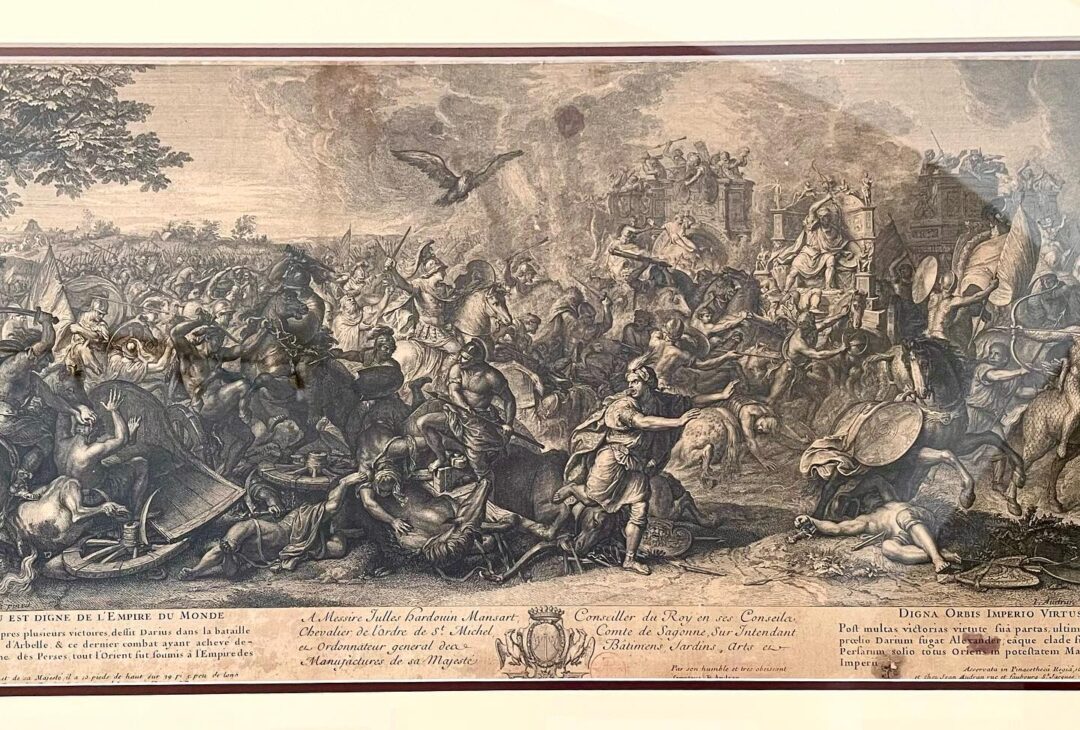
One of them is Vassilis Korivessis– a man who, for the past four decades, has dedicated his life to collecting and preserving rare books, engravings, and old maps from various authors and intellectuals who lived in Greece and abroad. From the very moment you enter his antiquarian bookshop, in Adriannou 7, you are greeted by a library of volumes, preserved over centuries, enshrining ideas for a society – perhaps more ideal that the present one. “Collecting was something I truly longed for: it didn’t come about by chance. I myself studied Mathematics, but I always had a passion for the past. For 40 years i have maintained this shop, these collections”
During our conversation, several tourists entered the shop, seeking to take a piece of Greece back to their homeland – a book, an engraving, something bearing the trace of old times. Locals, too, searched for specific editions or artworks with historical or emotional value. Observing, I asked Vassilis: Who are the people that come through your door? “There is the audience that reads: surely they will find books here. But mainly we cater to those who seek to find a specific piece. We have editions of Aristotle that date back two or three centuries.” As a rare books and antiquities shop located in the heart of Athens, a significant portion of visitors are foreign travellers: “Tourists are interesting people: they show a great interest in Greek history and mythology.”
Surrounded by an atmosphere filled with the past, thoughts inevitably turn to the future, I couldn’t help but ask what the future holds for Vassili’s shop. “ I am retired now, but my children really love this job. When you have books that date 300 years, you hope that, just as they came to you, they will pass on to the next”. In a mix of feelings Vassilis concluded: “The books will find their owner.” Both of us were deeply absorbed, observing the collections, and he was eager to speak not only about his shop, but about something deeper — a national and global responsibility. His final words, before leaving that small window to the past, were the most profound: “The Greek language and the cultural heritage it encompasses, must be preserved by us Greeks, but also by foreigners in whose languages this spirit has been infused. Without it, we simply lose out on culture”.
Αthanasia Santikou [written during her internship at the Department of Digital Communication of E1 Directorate for International Public Relations]
TAGS: HERITAGE | LITERATURE & BOOKS | TOURISM



